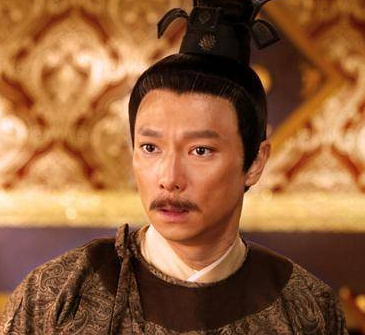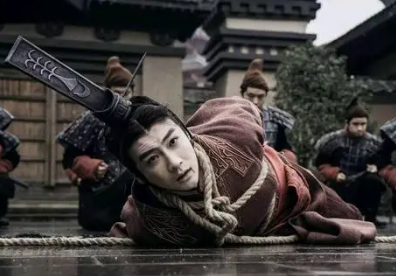In the feudal society of ancient China, corruption in the bureaucratic system was often one of the important reasons for the decline of dynasties. As the last feudal dynasty in Chinese history, the corruption of the Imperial Household Department, as an important institution managing the daily affairs of the royal family, largely reflected the political atmosphere of the entire court. This article will explore the corruption of the Imperial Household Department in the Qing Dynasty and its impact on the rule of the Qing Dynasty.

I. Functions and Powers of the Imperial Household Department
The Imperial Household Department was a unique institution in the Qing Dynasty, mainly responsible for managing the emperor's daily life, court finances, eunuchs, palace women, and other affairs. Due to its special duties and involvement in a large amount of money and material allocation, officials of the Imperial Household Department held tremendous power.
II. Manifestations of Corruption in the Imperial Household Department
According to historical records, the corruption of the Imperial Household Department in the Qing Dynasty manifested in various ways. Firstly, officials abused their powers for embezzlement and misappropriation of public funds. Secondly, officials of the Imperial Household Department often practiced favoritism and corruption in the selection and appointment of personnel, selling official positions and titles. In addition, the Imperial Household Department was also suspected of receiving bribes in areas such as tribute procurement and construction projects, resulting in significant losses of national assets.
III. Consequences of Corruption in the Imperial Household Department
The corruption of the Imperial Household Department not only eroded the financial health of the country but also severely damaged the political ecology. This corrupt behavior damaged the prestige of the royal family, and the illegal acts of officials further exacerbated social injustice and public dissatisfaction, laying hidden dangers for social unrest in the later period of the Qing Dynasty.
IV. Rectification and Limitations of Corruption in the Imperial Household Department
To maintain the stability of the court, emperors of the Qing Dynasty periodically carried out rectification of the Imperial Household Department, investigating and punishing corrupt officials. However, due to the limitations of the imperial power system itself and the deep-rooted officialdom culture, these rectification measures often treated the symptoms rather than the root causes, making it difficult to fundamentally address the corruption problem in the Imperial Household Department.
Conclusion:
The corruption of the Imperial Household Department in the Qing Dynasty was a pervasive problem in the political system that could not be ignored. It not only revealed the dark side within the bureaucratic system but was also one of the important factors leading to the gradual decline of the Qing Dynasty. Through reflection on history, we can more clearly recognize the importance of institutional construction and a culture of integrity, as well as the long-term and arduous nature of the anti-corruption struggle for any country and society.
Disclaimer: The above content is sourced from the internet and the copyright belongs to the original author. If there is any infringement of your original copyright, please inform us and we will delete the relevant content as soon as possible.
































